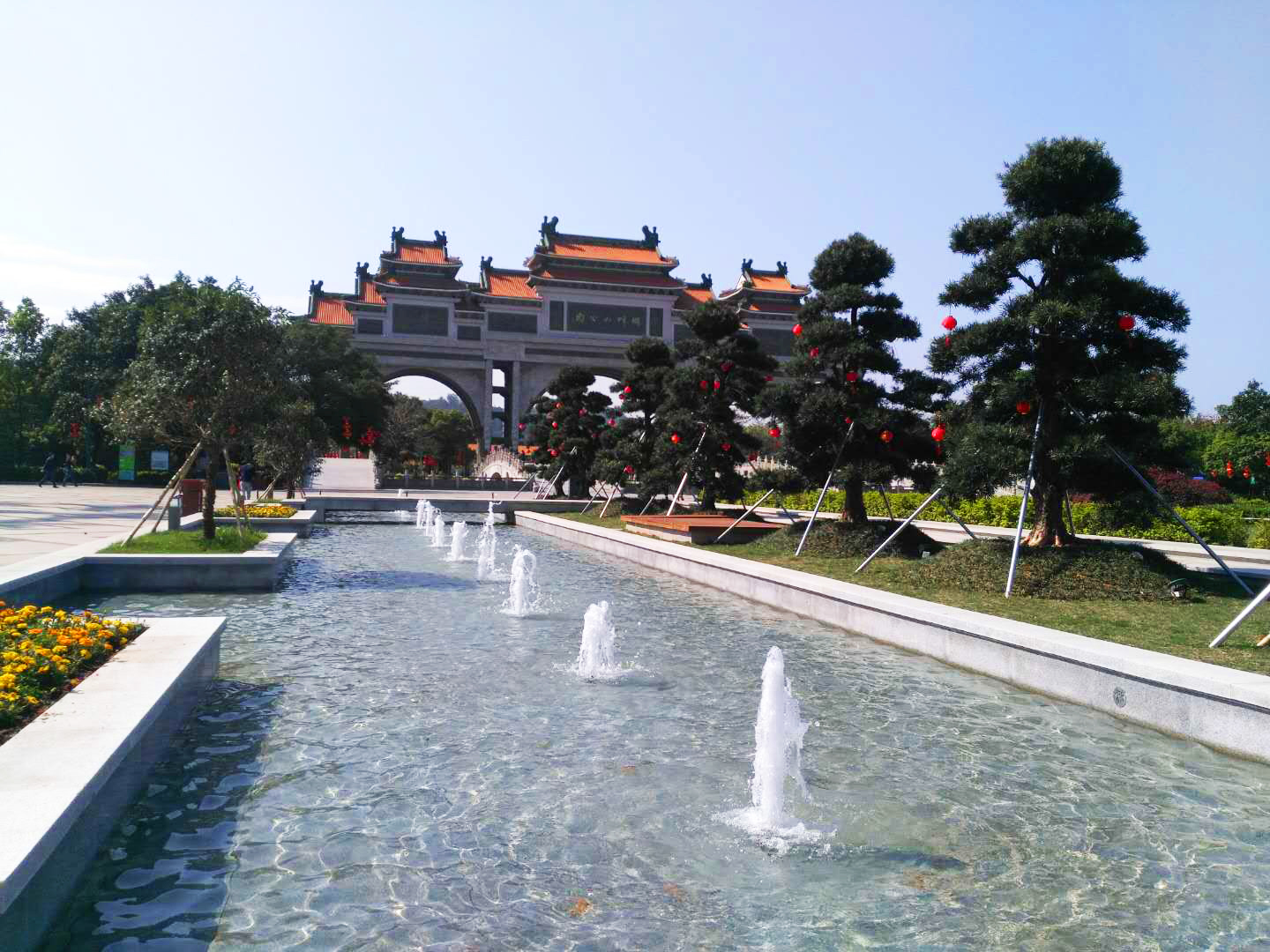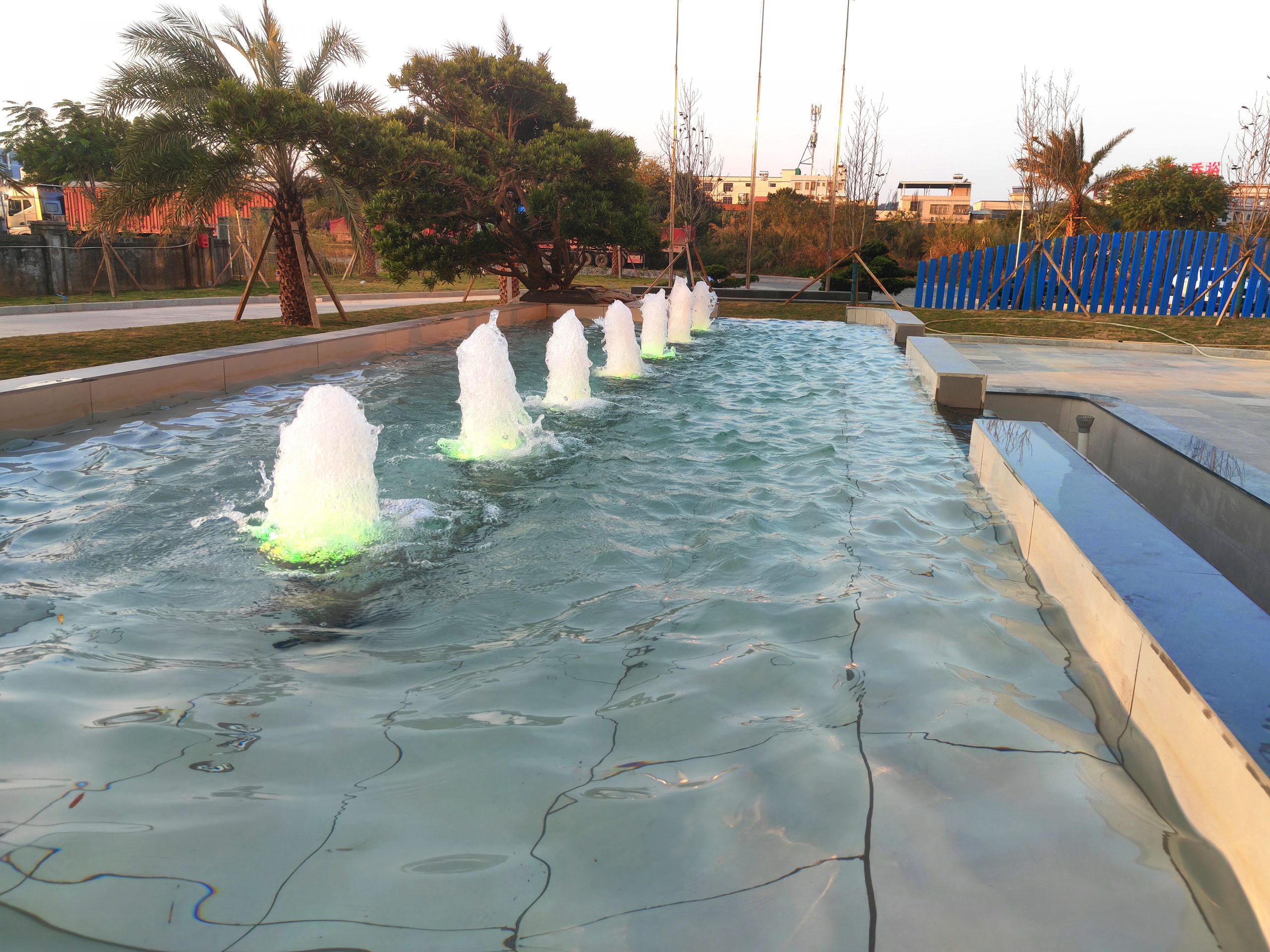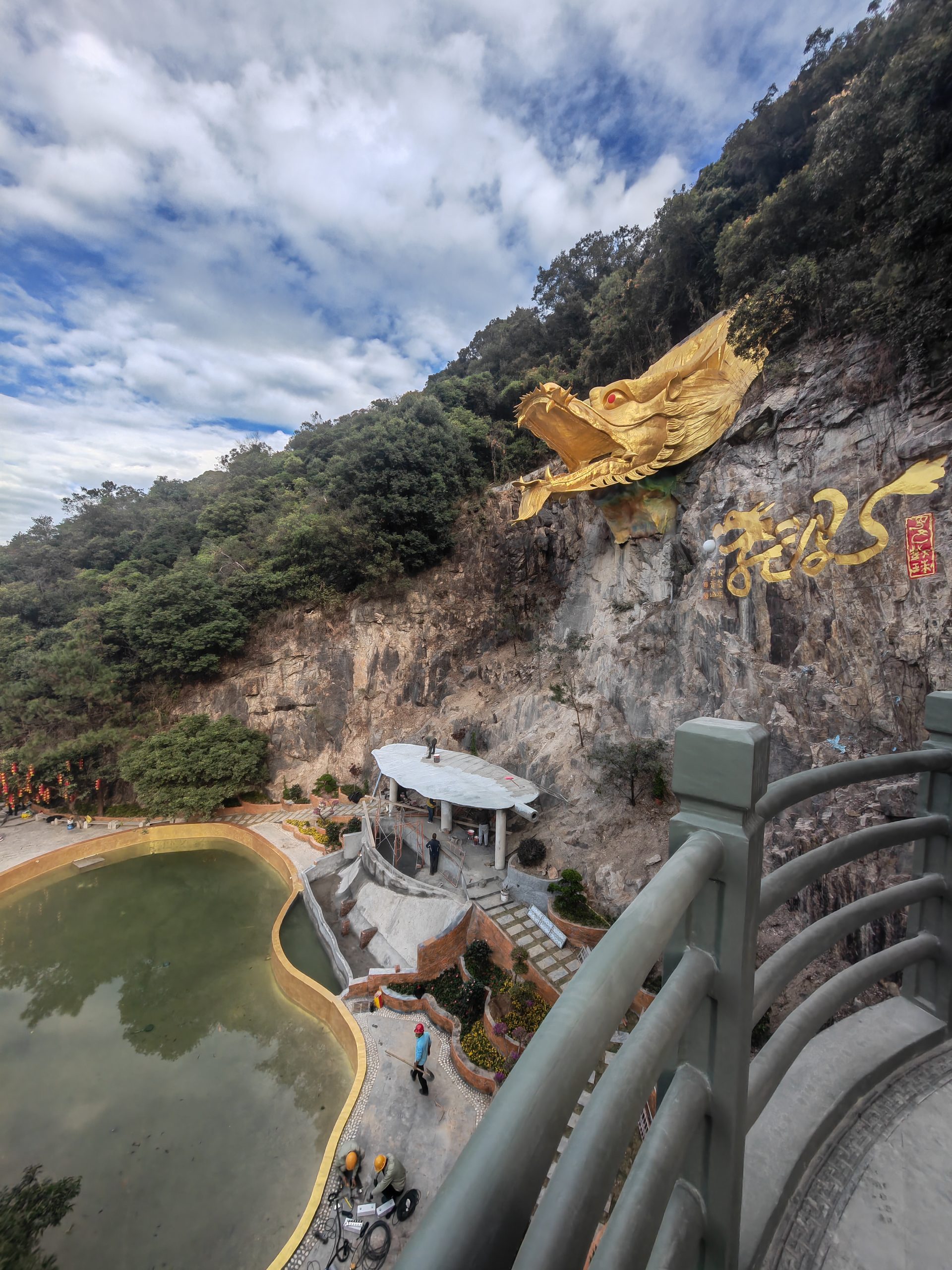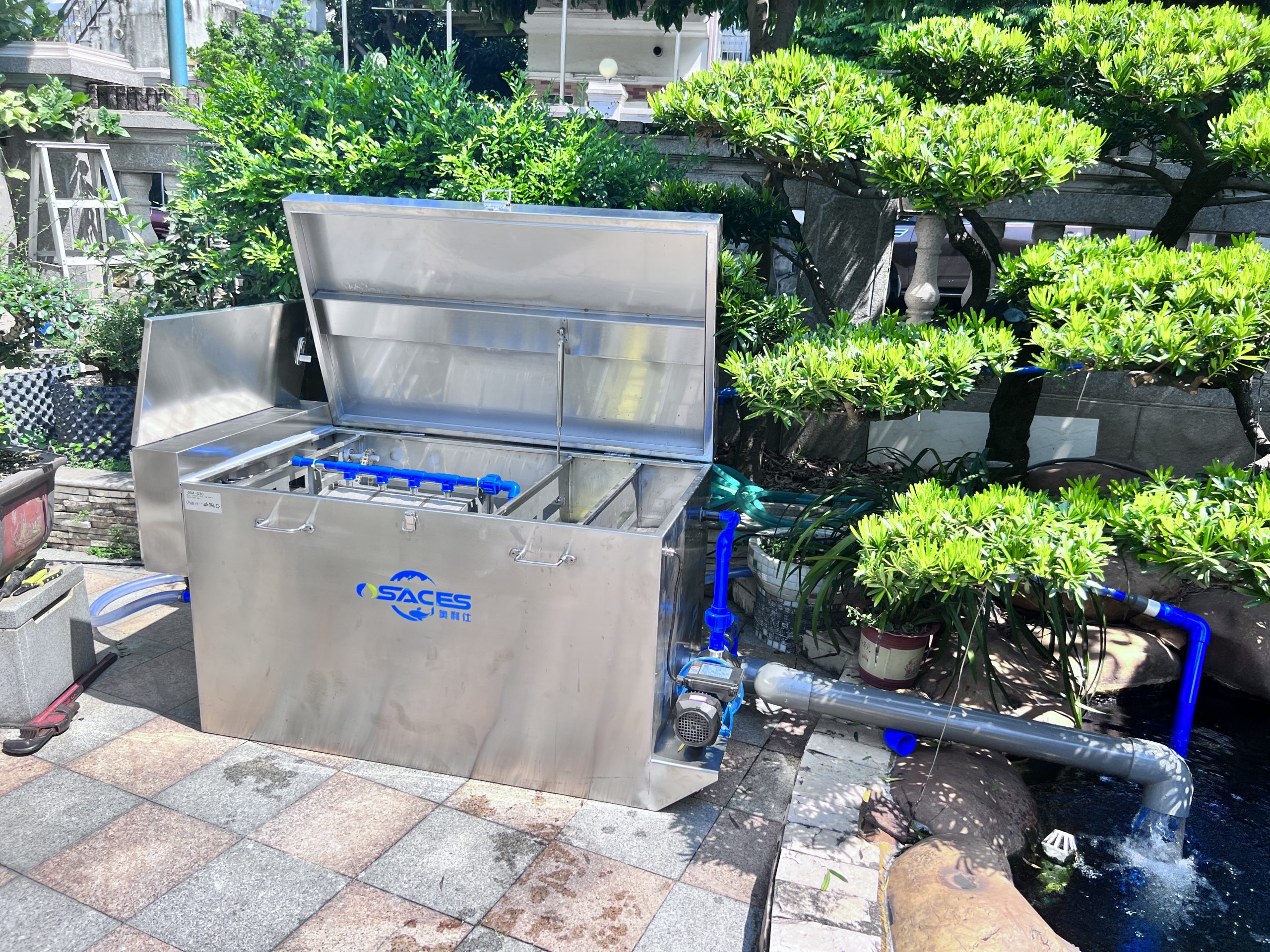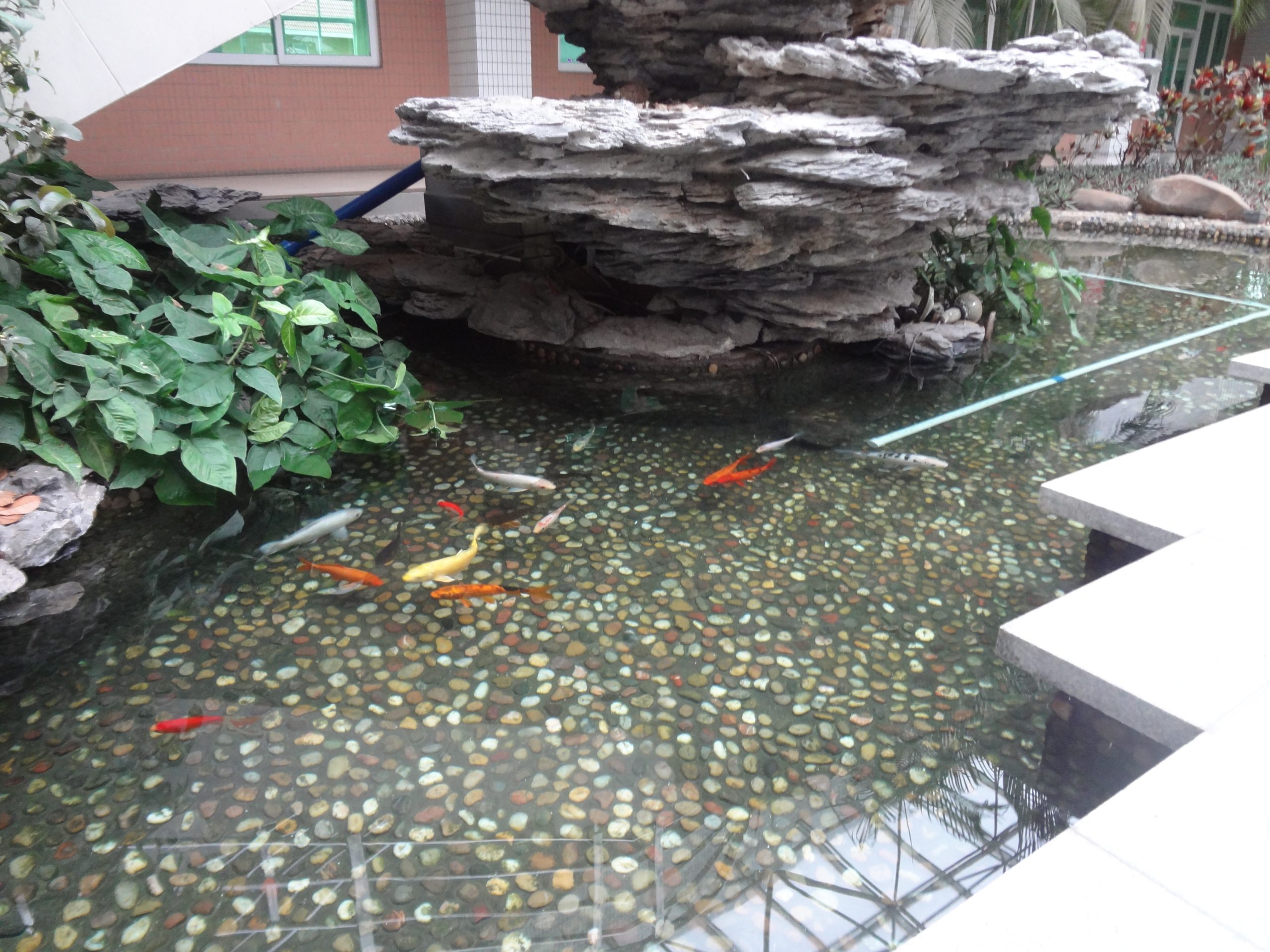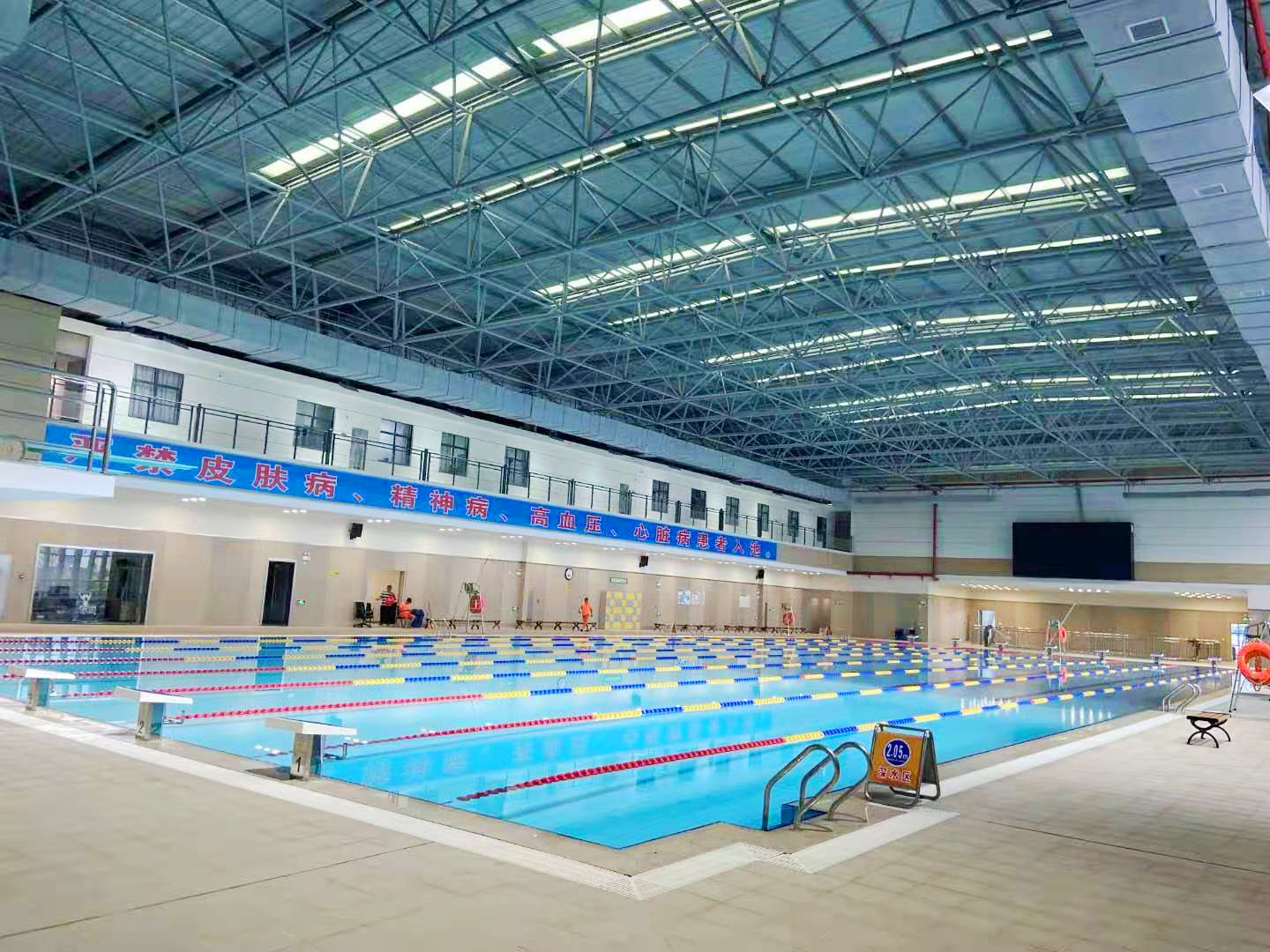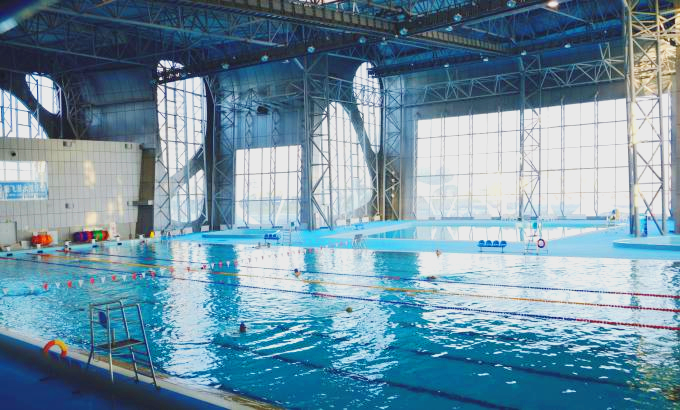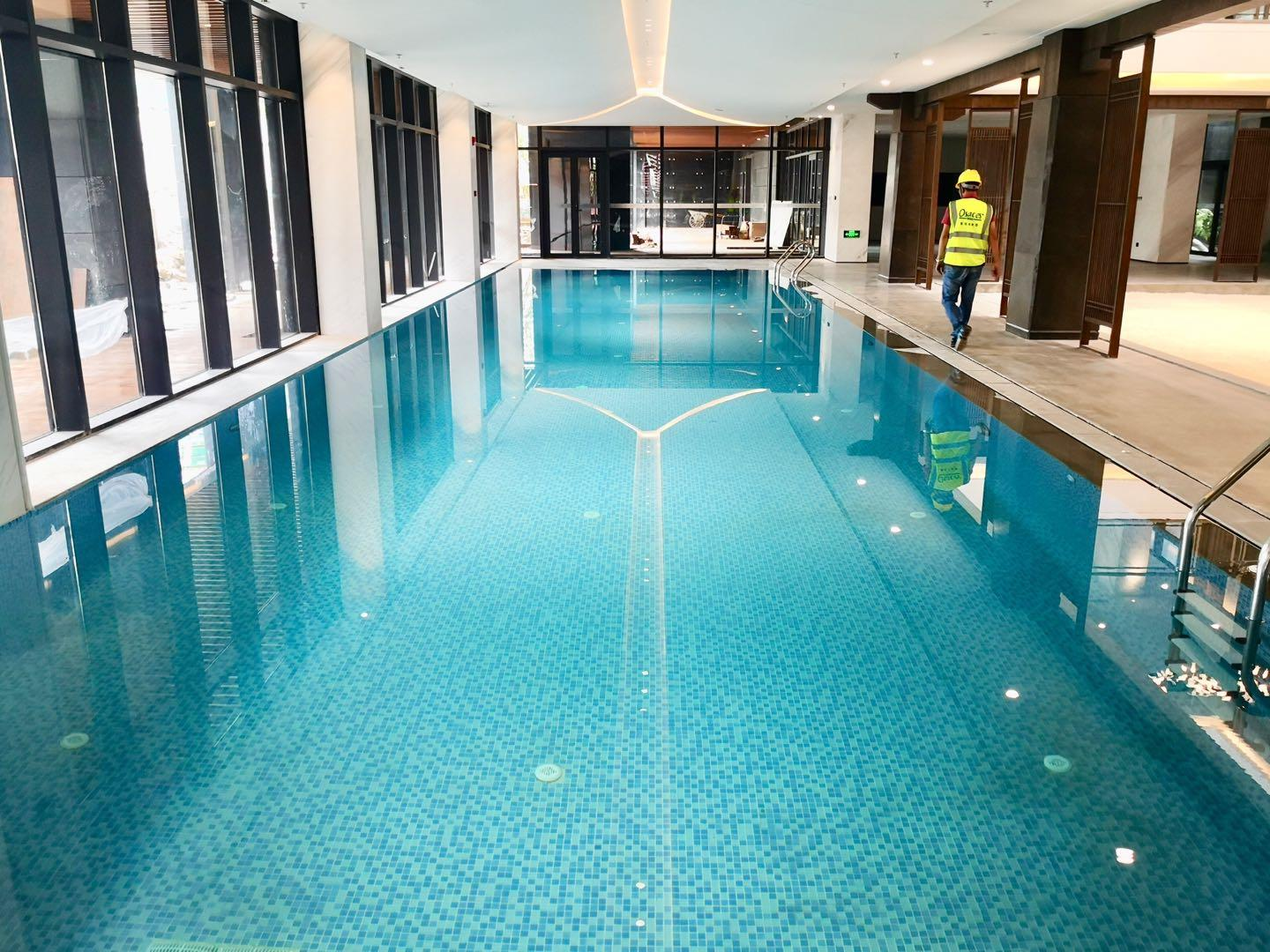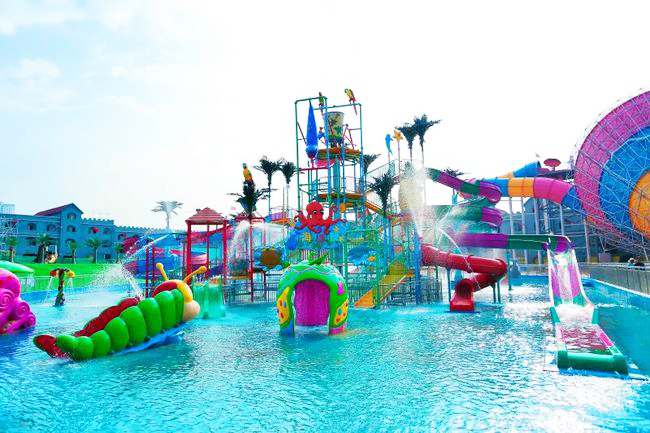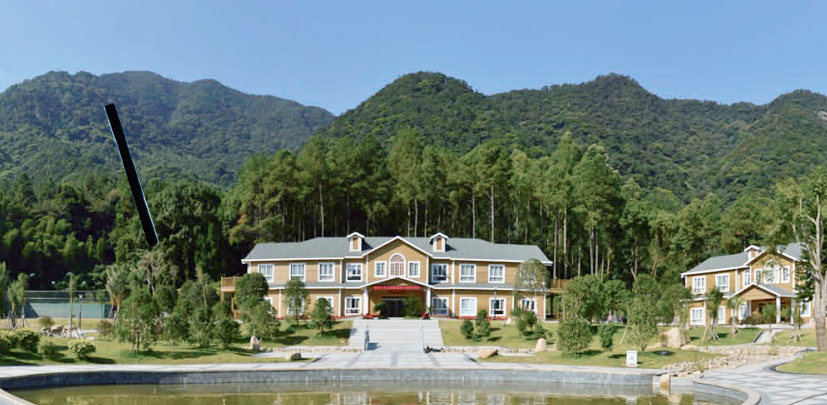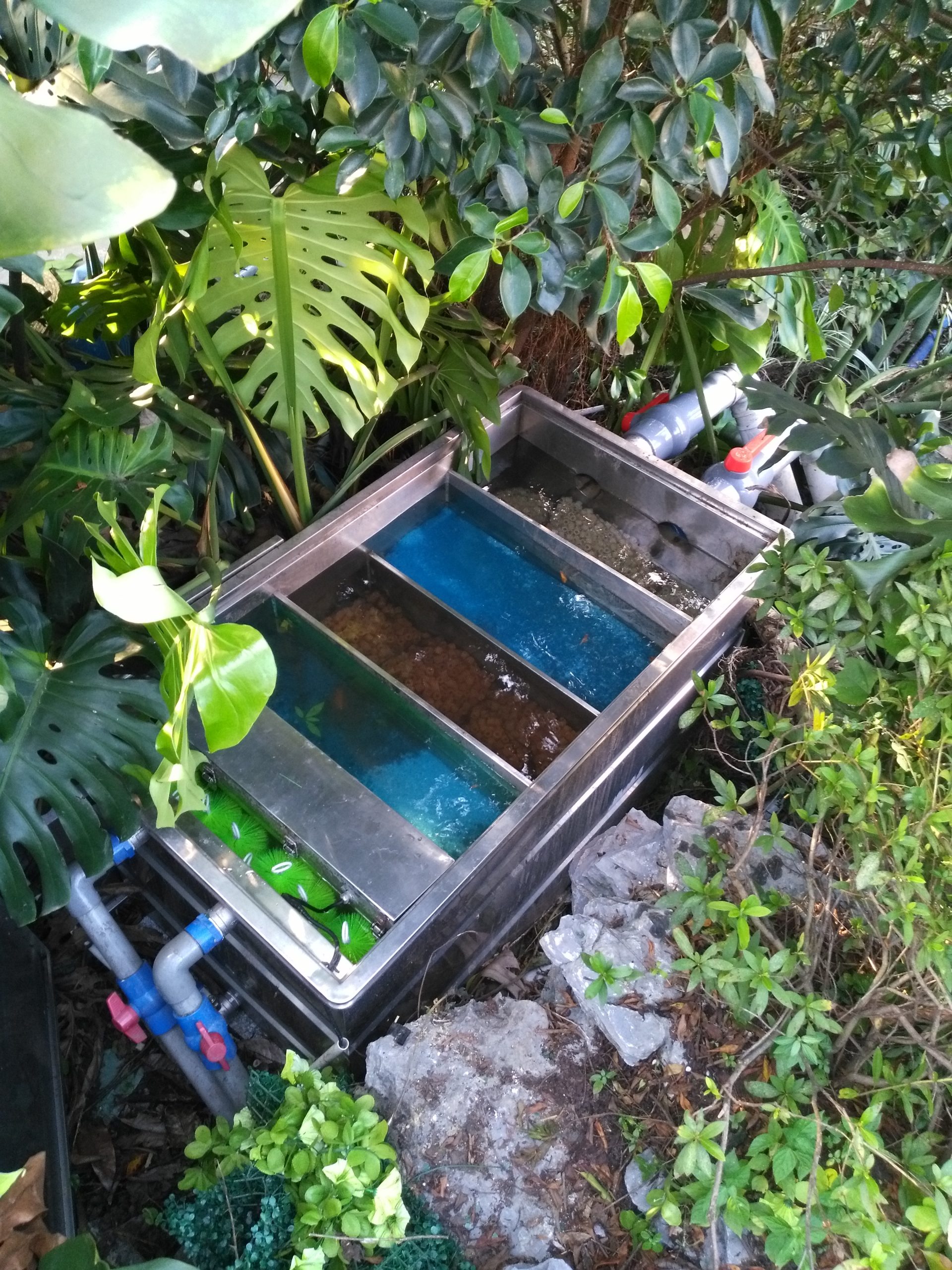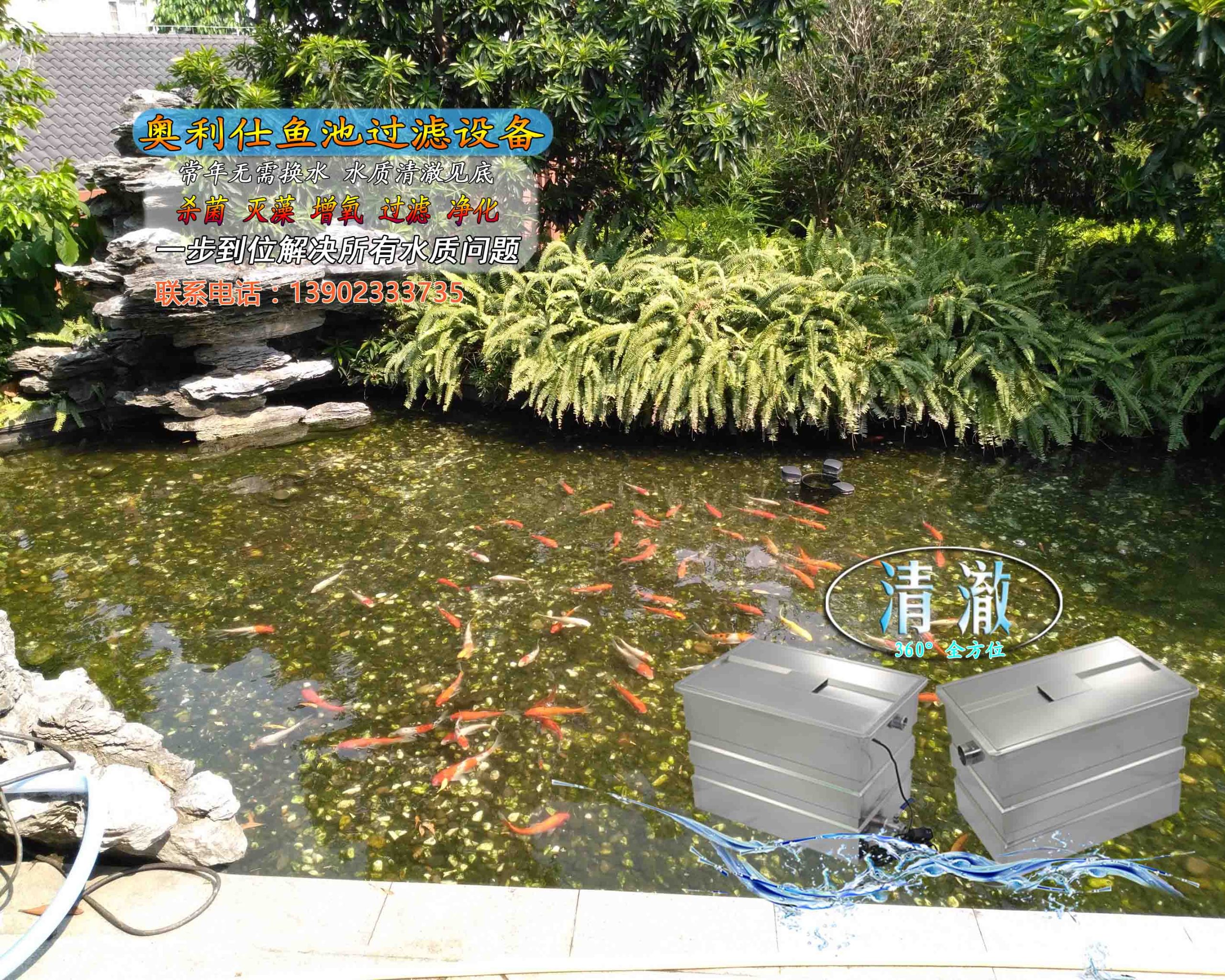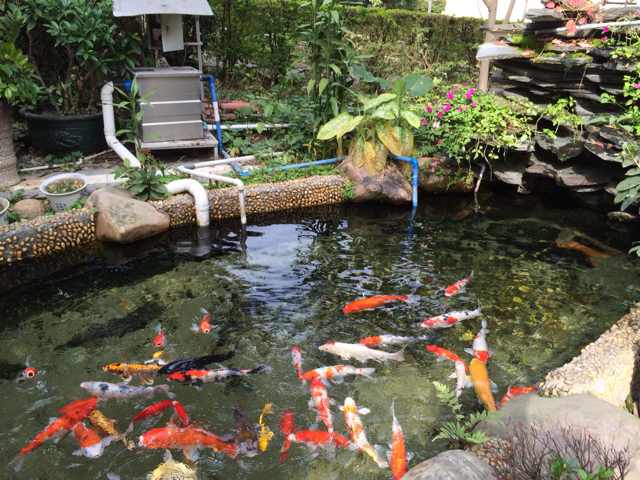News Center
contact details
 Ollies (Guangzhou) Recreation and Sports Equipment Co.
Ollies (Guangzhou) Recreation and Sports Equipment Co.Tel: (020) 82686289
Fax: 020-82694853
Headquarter: No.31-37, Xincun 2 Road, Shangjiang North Street, Dongzhou Village, Xintang Town, Zengcheng City, Guangzhou, Guangdong, China
Several types of water quality that affect koi health
One of the things that koi worry about in winter is not getting warm sunlight, they tend to lack sunlight in winter and this can lead to changes in water quality. Koi keeping is all about timing, so today we're looking at 8 water quality issues that can affect the health of your fish in koi keeping. Fish enthusiasts can develop their own strategies for protecting their koi according to the time and place. Observe first, then act.
1, water temperature is too high or too low.Too high or too low water temperature will affect the growth of fish, each species of fish has a suitable range of water temperature for growth, therefore, in summer if the water temperature exceeds the appropriate temperature for the growth of fish, to take cooling measures.In winter, if the water temperature is lower than the appropriate temperature for fish growth, warming measures should be taken.
2, bad water.When the water color is light red or brownish red, there are floating foam or oil film on the surface of the water, and the water has a peculiar taste or smell, it is extremely harmful to the growth of fish. In this case, the water should be drained and refilled with new water.
3, water clarity is too high or too low.Generally eutrophic water and fish pond fertilization, the transparency is mostly 30-40 cm. If the transparency is lower than 20 centimeters, it means that there is little plankton. All are not suitable for fish growth.
4The dissolved oxygen in the water is too low.The suitable dissolved oxygen for fish growth is 5-8 mg/liter. When the dissolved oxygen in the water is less than 2 mg/l, take measures to increase oxygen.Dissolved oxygen is one of the main factors affecting the health of koi, and is also an important factor affecting their intake and digestive absorption rate, as well as their growth rate and bait coefficient.
5The water is too high in dissolved gases.Carbon dioxide in the water is essential for plankton, but the content should not be too high, generally suitable for 80 mg / liter or less, if too high on the fish is very harmful.
6The PH level in the water is too high.The pH value of the water should be 6.5-8.5, and when the pH value of the water is lower than 5.5 or higher than 10, it cannot be used as water for fishery. koi can be raised in any water with a pH of 6~8.5, but they will grow better in weakly alkaline water. If koi live in weakly acidic water for a long period of time, such as pH 6, they will lose their appetite, lose their strength, their body color will deteriorate (e.g., the white ground will turn yellow, scarlet will be difficult to surface, etc.), and in severe cases, gill rot will occur. Moreover, if the water is weakly acidic for a long time, the activity of nitrifying bacteria will be weakened, nitrification will be blocked, and the concentration of ammonia in the water will be increased, which is not good for koi to keep their color and growth. If the water quality is acidic, you can add alkalinity-enhancing substances into the water, such as bicarbonate, or add zeolite, coral sand or oyster shells into the filter wrap to improve the pH.
7The water is too high in nutrient salts.The amount of nutrient salts in the water is closely related to fish growth. Such as nitrate in the water is most easily utilized by green phytoplankton, the general content should be maintained at 1-2 mg / liter. If more than 3 mg / liter will easily cause water hypoxia, resulting in fish death.
8The water is a very strong, strong, and very harmful substance in the water.Harmful substances in the water include cyanide, phenol, mercury, chromium, lead and petroleum, etc., which not only poison the fish but also the human being who eats the poisoned fish. Therefore, these wastewater should be strictly prevented from entering the fish pond.
Related content
- Don't let rotting tails affect the koi's aesthetics
- What kind of water is good for fish? Talking more about green water for fish
- What to do if the water in your fish pond is unclear? How to keep the water fresh and clear
- Are you ready for the golden age of koi growth?
- What causes new koi to get sick easily?
- Case Sharing--Foshan Shunfeng Mountain Park 3600 square meters landscape pool purification project
- Case Sharing||Huizhou-- Intelligent Terminal Beidou Industry Production Project Fountain Fish Pond Purification Project
- Guangdong Guanyinshan National Forest Park 300m³ landscape fish pond purification project
